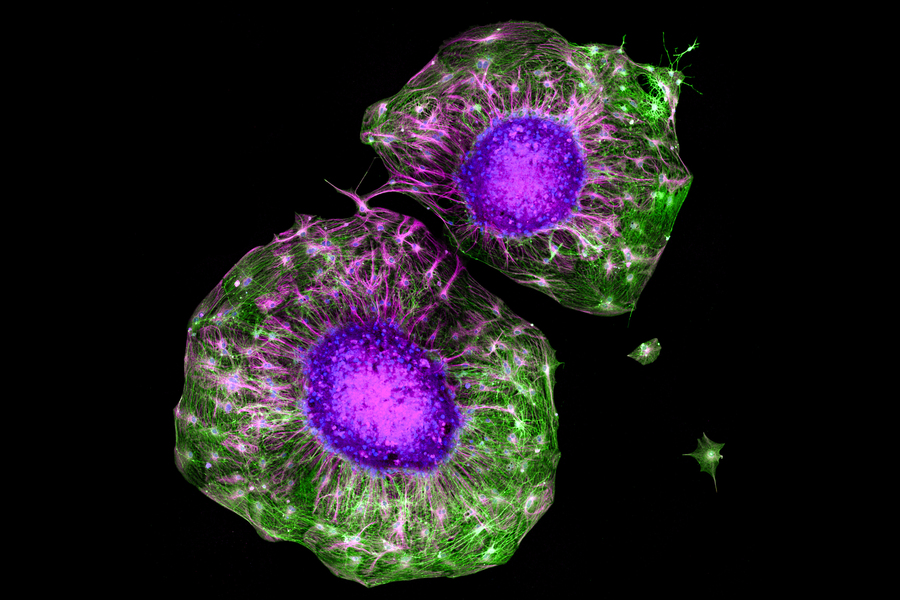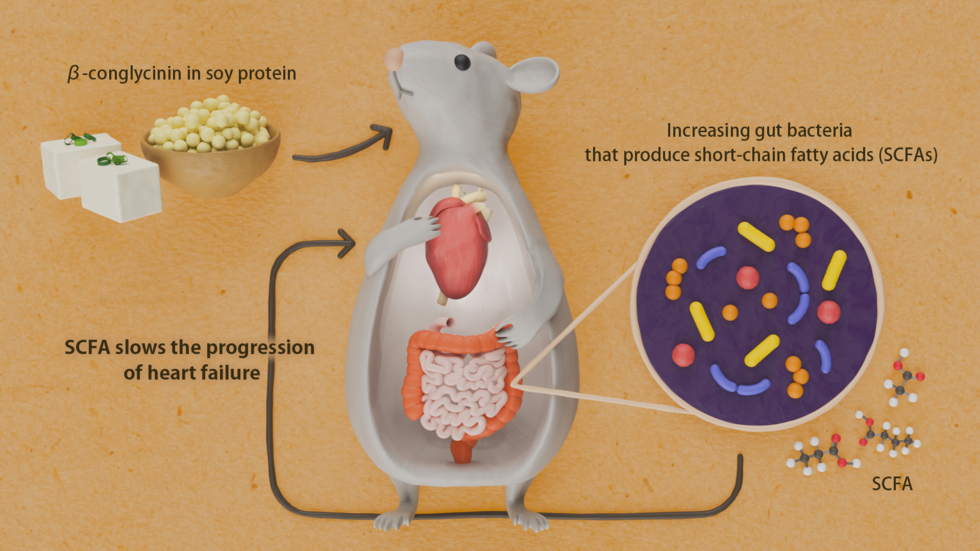
Oral immunotherapy shrinks gastrointestinal tumors in mouse study
Immunotherapy is a promising treatment that recruits the immune system to help fight cancer, but it has had limited success in gastrointestinal cancers. Now, researchers at Washington University School of Medicine in St. Louis have engineered a probiotic that delivers immunotherapy directly to the gut to shrink tumors in mice, offering a potentially promising oral drug for hard-to-reach cancers.
The probiotic cancer treatment, described Nov...
Read More








Recent Comments